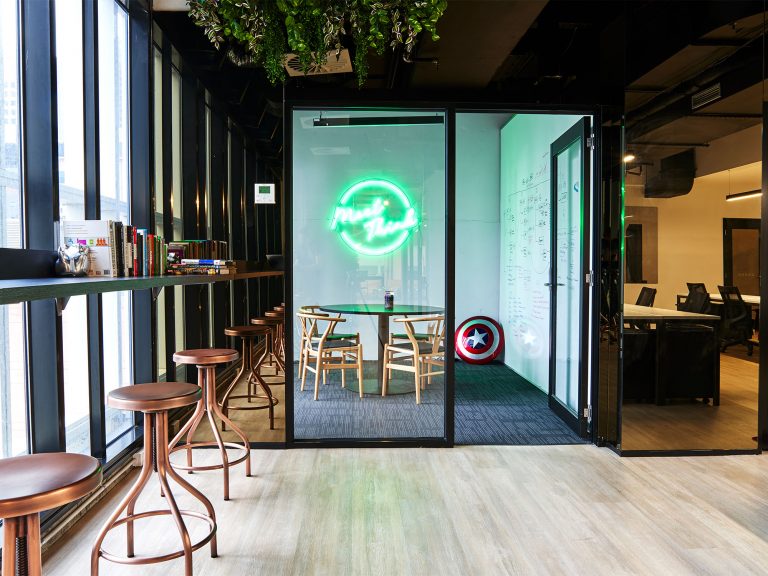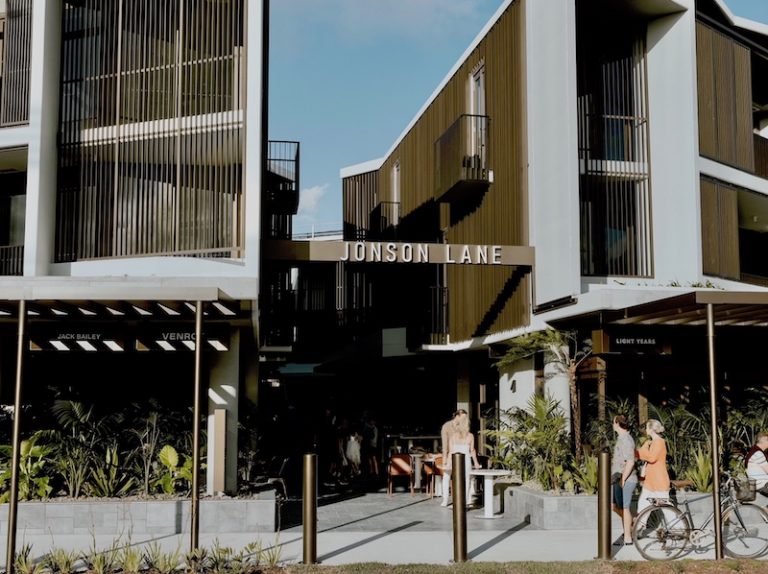Office fitouts: what can they do for your business?

Office fitouts can lift morale and help retain staff.
That’s the finding of a national survey that also found areas for play, entertainment and relaxation were important to businesses in all Australian cities.
It also found that 90% of businesses that have these areas as part of their offices actually use them.
But despite the popularity of these “down time” areas, many businesses are still leaving them out of their office layout.
Just more than half of those in Sydney and Brisbane, and just fewer than half of those in Melbourne, included them when they did an office revamp.
Office fitout company Amicus Interiors carried out the survey to identify trends in office fitouts. It’s the first time the survey has been conducted, so there are no historic comparisons.
But the survey of 349 respondents found 88% believed their office fitouts had an impact on staff performance.
It also found an even split between open-plan and offices with some open-plan, but 27.5% of respondents said they would like more flexible working arrangements in their next fitout.
And it found size matters when it comes to offices. Almost 60% of offices were either small spaces up to 200 sqm or large areas of more than 1000 sqm.
Space is at a premium in Melbourne, which had the largest number of small offices – 4% more than Brisbane and 8% more than Sydney – while Brisbane offices were the largest, around 2% ahead of the other cities.
Charter Build design director Jane Bright agrees there is a link between office fitout and a happy team.
She says noise, spacing, lighting and temperature are all important factors to think about when planning a fitout.
Bright believes managers who recognise the link between employees’ health, productivity and profits are able to build sustainable and profitable businesses.
She also says there are lessons to learn from the Google approach to office design and fitout – and it’s not that pinball machines or slides instead of stairs are a good idea.
“What they created was a working environment perfectly suited to their unique and dynamic workforce – one that allowed their employees to make their own decisions, work comfortably, and be treated with respect,” Bright says.
“The office perks are nothing more than a genuine extension of their corporate culture, rather than what defines them as an employer.”







